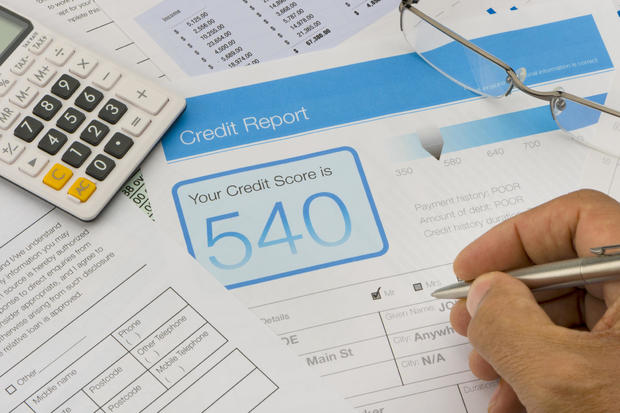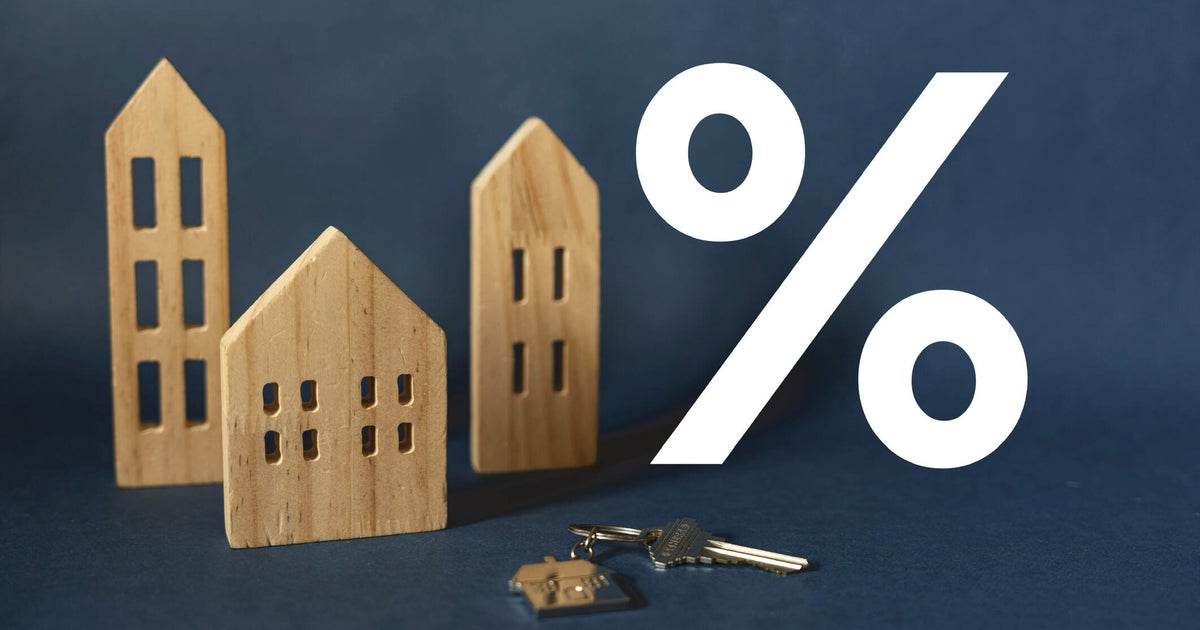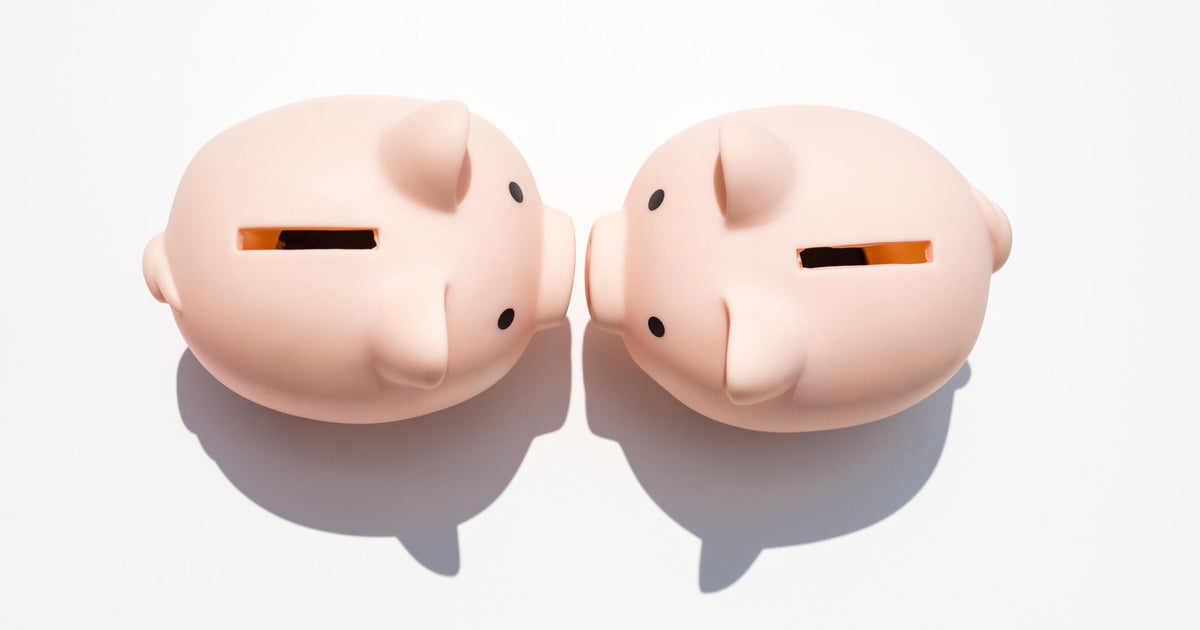Bad or no credit? How to build your credit score fast
Some Americans may not realize the key role a credit score plays in buying a home, taking out a loan or even when applying for a credit card until they try it for the first time.
If you're just starting to build a credit history or want to quickly rehabilitate a less-than-ideal score, there are some key facts and tools you can use right now to improve your standing.
After all, no or poor credit can be detrimental in a variety of ways. That's why it's so important to build good credit - and repair a poor credit history - as soon as possible.
Here's how you can get started today.
What's a good credit score?
First, it's important to know what's in your credit report. Start by requesting your credit report. It's easy to get a report - and your current FICO credit score - right now. Then, look for any errors and dispute incorrect information. You can use a template from the U.S. Consumer Financial Protection Bureau to draft your dispute.
You generally won't know in advance when someone reports something negative to credit rating companies. That's why accuracy and completeness are very important when it comes to building good credit.
Here's the credit rating report scale for FICO:
- 580: Poor
- 580-669: Fair
- 670-739: Good
- 740-799: Very good
- 800-plus: Exceptional
If your credit score falls in the lower range, you'll want to start working on improving it right away. There are several companies willing to help.
3 simple ways to boost your credit score
1. Apply for a secure credit card
A secured credit card is backed by a deposit. The issuer will usually ask for a deposit between $50 and $300. Then you get a credit line for that amount. For example, if you give a deposit of $100, your credit limit would be $100.
Use the secured credit card just as you would a regular credit card, but try to pay the balance off each month. The secured credit card issuer then reports your on-time payments to the three main credit score companies mentioned above. As you build a record, your score can improve.
2. Get a cosigner for a loan
The same principle applies if you get someone with a good credit track record to co-sign for a loan. Like any co-sign situation, make sure the person knows they are fully responsible for on-time payments. Choose someone with an excellent credit score.
3. Become an authorized user
Another way to build a credit history is to become an authorized user of someone else's credit card. Typically, a friend or family member adds you as an authorized user to their credit card. But make sure that person also makes the on-time payments.
You should also consider speaking with a credit repair professional who can help guide you toward a higher score. Start with a free credit evaluation.
Online financial advisers may also be able to assist you.
What if I have no credit?
Consider the steps listed above, like becoming an authorized user on someone else's card or applying for a secured card to start building your credit record. It takes time (and on-time payments) but if you are diligent, you'll build a good score sooner than you may think.
What impacts your credit score?
Payment history and amounts you owe make up more than two-thirds of your FICO score. VantageScore, another compilation service, also takes those factors into account.
Other items include how long you've used credit and the variety of credit you use, like mortgage, auto loan, credit cards and other account types. The longer your history and the more diverse your credit types, the better your score. Scores also include how often you apply for credit. Frequent applications can lower your score.
If you're ready to start improving your credit score, there are companies ready to help.
Not sure how to figure out your score? You can get a free current report once a year from each of the three major credit rating companies - Equifax, Experian and TransUnion.
Why is it important to have a good credit score?
With a high credit score, you're more likely to get a better interest rate or terms when you look to borrow money. This can save you thousands of dollars over time.
Lenders examine a credit score to decide whether to approve home, payday, personal, title, auto, student and small business loans, security deposit financing, credit cards and buy-now-pay-later plans.
A good credit score isn't just important for borrowing money. A wide range of other institutions also takes it into account. Here's a short list of who may look at your credit score:
- Landlords
- Prospective employers
- Insurance companies
- Banks, credit unions and payment processors
- Retailers that accept personal checks
- Rent-to-own dealers
- Short-term and payday lenders
- Communications and utility companies
- Any business that extends personal credit
- Buy-now-pay-later (BNPL) companies
Building an on-time payment track record can give you access to credit when you need it most. With a good credit score, you'll also have an easier time buying a home, auto or other big purchase.
Which is worse, bad or no credit?
If you have no credit history, lenders will be wary because they don't have enough information to show you'll make on-time payments, even if you have a regular income.
Credit reports traditionally don't include major expenses like rent payments, so lenders can't properly assess creditworthiness even if you have a record of on-time rent payments. Utilities and telecom payments are also generally excluded.
With little or no credit you may need to pay deposits on utilities like gas or electricity. You may also receive higher interest rates for loans. You'll also be less likely to be approved. The good news is you can start building a good credit record right away.
Bad credit is generally considered a FICO score of poor or below 580 (see scale above). Lenders will see you as a risk. You'll have a difficult time getting credit approval, will likely be charged higher interest rates on loans and credit cards, pay larger insurance premiums, run into trouble trying to rent an apartment and even might be required to put a deposit down for utilities.
Negative information stays on credit reports for roughly seven years. That can include accounts sent to collection agencies, missed payments, late payments or payments not made as agreed, and bankruptcy.
There is some good news, though. This year, most medical debt will be dropped from credit reporting.
Have more questions about restoring or building your credit score? Speak to a credit repair professional who can guide you.




